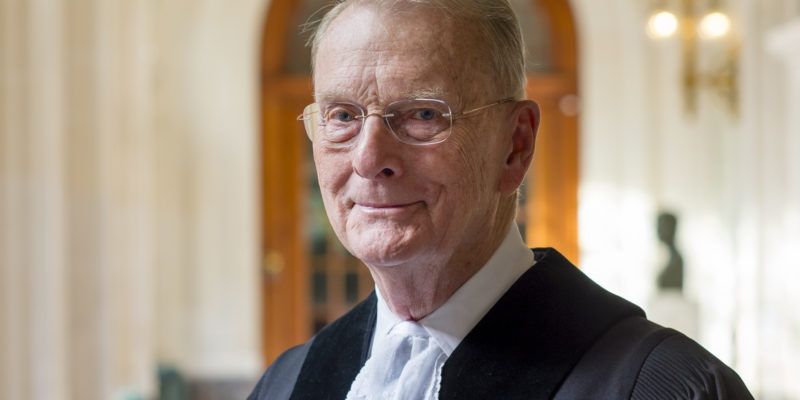In Memoriam: How U.S. Supreme Court Justice Ruth Bader Ginsburg Influenced U.S. Perspectives on Arbitration and International Dispute Resolution
U.S. Supreme Court Justice Ruth Bader Ginsburg (1933-2020), known only as “RBG” in many circles, was a native of Brooklyn, New York and only the second woman appointed to the U.S. Supreme Court bench. Her passing in September 2020, at the age of 87, left a gaping hole in the international community. She was widely…



